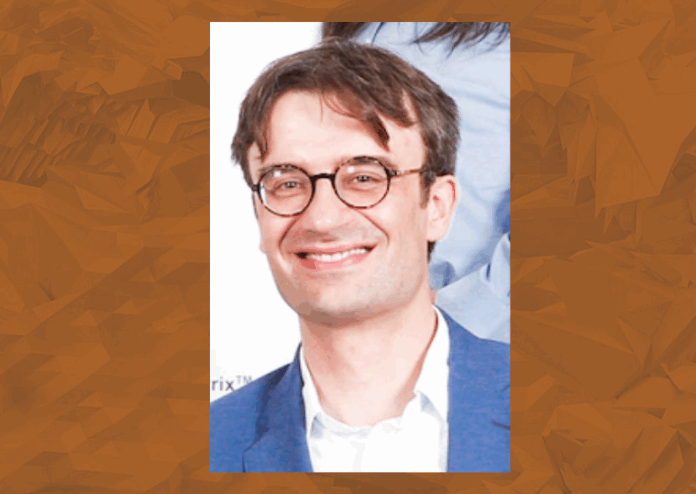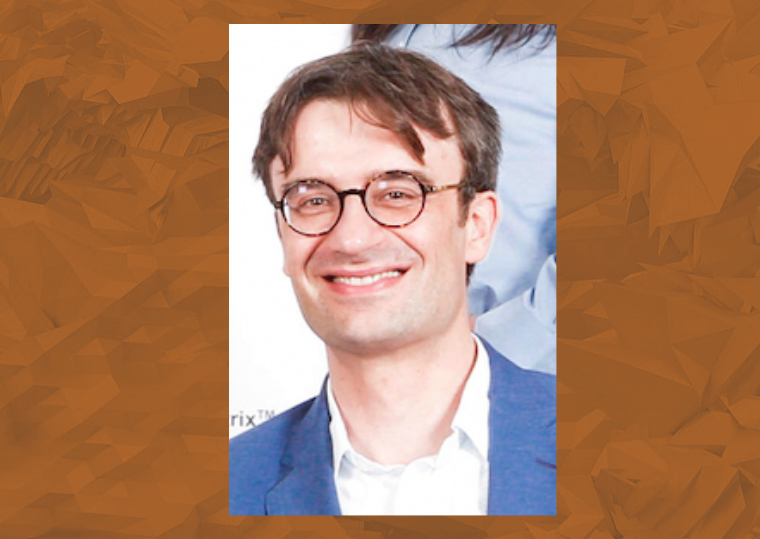 Dr Andreas Schmidt, Springboard Health Ventures
Dr Andreas Schmidt, Springboard Health Ventures
Bildnachweis: Springboard Health Ventures.
European countries, especially Germany, invest billions annually in basic and translational research. The scientific quality is high, the researchers are world-class, and the infrastructure is strong. Yet despite this foundation – and despite being wealthy, innovation-driven economies – entrepreneurial output remains limited. Too few research projects evolve into high-growth startups. Even fewer scale sustainably.
Europe suffers from a persistent venture capital gap. The most critical shortage lies in the EUR 5 million to 15 million range – the early growth stage when companies move beyond proof of concept but are not yet ready for late-stage funding. Below that threshold, start-ups may access grants, translational funds, or early-stage capital from angel investors and initiatives like the High-Tech Gründerfonds (HTGF). Above it, most venture capital firms focus on rounds of EUR 30 million or more, offering better capital efficiency, lower scientific risk, and timelines better aligned with typical fund lifecycles (ten plus two plus two years). The result: a dangerous gap in the most crucial growth phase – the so-called valley of death.
Copying silicon valley? It won’t be enough
In the US, firms like Flagship Pioneering invest from the company- building stage – despite managing billions – combining capital with strategic guidance and urgency. In China, large early-stage rounds accelerate company formation and scale. By contrast, European grants and funding programmes tend to prioritise validation and documentation. While this reduces risk, it often slows real progress. Success is measured in compliance and paperwork rather than tangible market outcomes. Europe doesn’t need to copy Silicon Valley – it needs a model that fits its own strengths, structures, and ambitions.
Europe’s untapped strength: The ‘Mittelstand’ and hidden champions
Germany and Europe possess a unique, underutilised asset: the mittelstand and hidden champions. These family-owned industrial champions were start-ups just a generation or two ago. They represent long-term thinking, deep expertise, and generational capital. Rather than building a ‘Silicon Valley on the Rhine or Isar,’ we should focus on building bridges – between the mittelstand and today’s health and deeptech start-ups. This could mean:
- family offices investing early in health, sustainability, and frontier technologies,
- strategic acquisitions offering structured, risk-adjusted exits – not just unicorns, but credible outcomes in far less than 15 years as well as
- a thriving biotech and deeptech sector that enhances Europe’s sovereignty and global competitiveness.
Not replacing unicorns – But enabling them
This is not about giving up on breakthrough innovation. On the contrary – it’s about laying the foundation that allows unicorns and global leaders to emerge. As with pyramids, the tip can only stand on a strong base – built layer by layer. A high-functioning innovation ecosystem requires:
- serial entrepreneurs,
- angels with credible exit histories,
- capital with operational and scientific depth,
- alignment between finance, taxation, and industrial legacy, and
- consistent exits of all sizes – from modest successes to decacorns.
Germany must find the courage to focus
Unlike many countries that concentrate investment in a few globally competitive hubs, Germany continues to spread resources evenly across regions. Instead of bold, strategic choices, we pursue political balance. Funding is distributed to ensure no region feels excluded – a politically safe, but strategically ineffective approach. This may satisfy policymakers, but it does little to support start-ups or serve society. Venture capital follows excellence – not geography.
Speed in need
This is a moment that calls for bold lead investors – those who combine expertise, capital, and the courage to take the first step in early-stage investments. Now more than ever, hands-on partners with strategic insight, deep local knowledge, and global connectivity are essential. Encouraging signs are emerging: angel investors, family offices, and the mittelstand are moving closer together. Political decision-making in Germany and across the EU has a real opportunity to become more pragmatic and focused. But above all, urgency is key. We must accelerate. The time to act – and to scale – is now. We are taking the lead – who is following?
About the author:
Dr Andreas Schmidt is a serial entrepreneur and Managing Director of Springboard Health Ventures, a global venture capital firm focused on health tech innovation. After leading
Proteona to a successful acquisition by Singleron Biotechnologies, he drove global business development there. He is active worldwide as a board member, mentor, and investor, and holds a PhD in Immunology from the University of Cologne and UC Berkeley.
